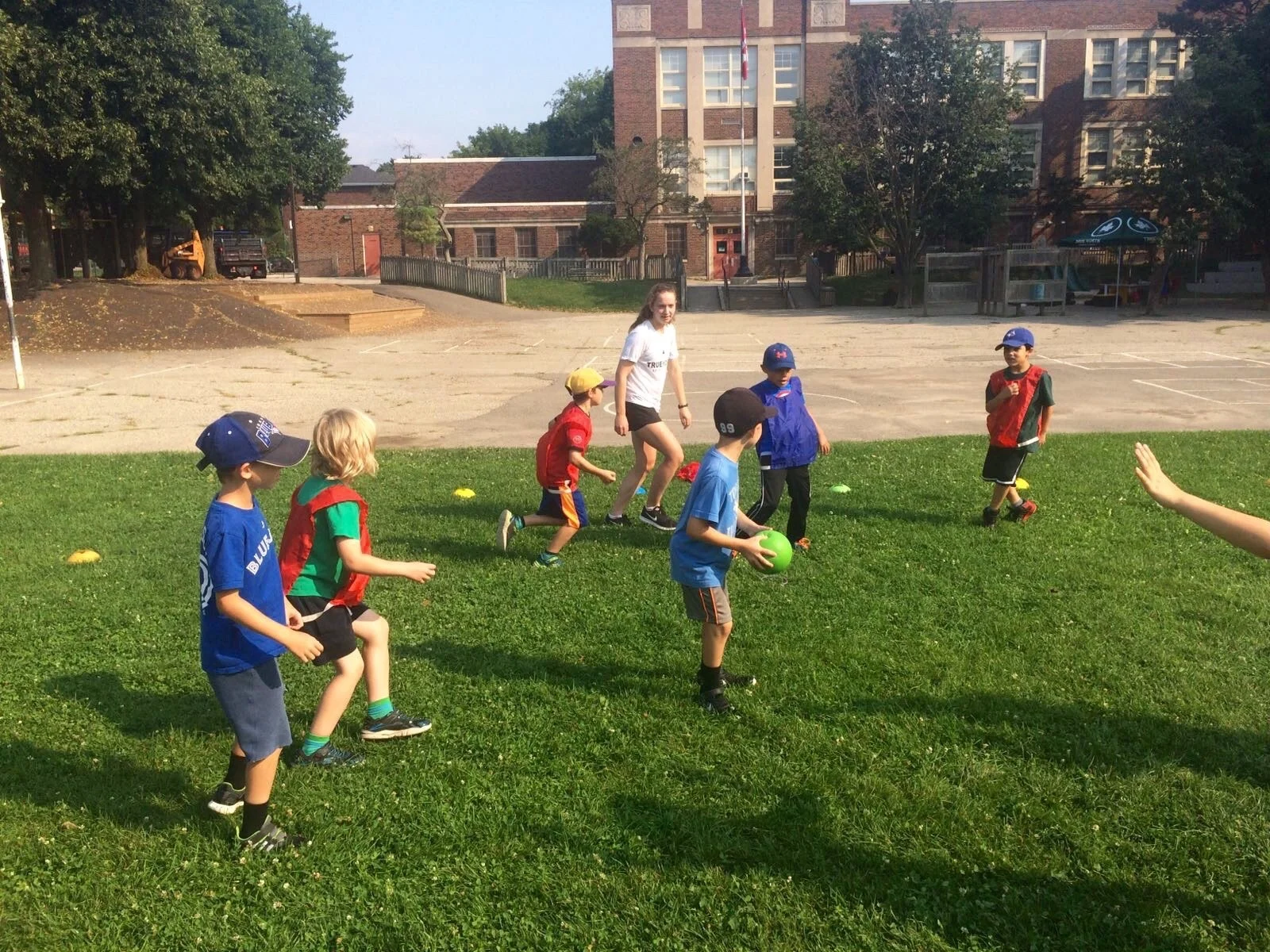Anxiety is one of the most common challenges people face in their personal and professional lives. It can affect focus, decision-making, and even relationships. While occasional anxiety is normal, persistent worry can hold you back from reaching your potential. The good news is that Dealing with anxiety effectively is possible with the right strategies. At Hearts & Minds Development, we believe in empowering individuals to transform fear into confidence. This guide outlines nine proven approaches to help you overcome anxiety and build self-assurance.
Understanding Anxiety and Its Impact
Before diving into strategies, it’s important to understand what anxiety is. Anxiety is your body’s natural response to stress, often triggered by uncertainty, fear of failure, or overwhelming pressure. While short-term anxiety can push you to prepare and perform, long-term anxiety can create self-doubt and limit growth. Learning effective methods for dealing with anxiety not only reduces stress but also fosters confidence in facing challenges.
1. Practice Deep Breathing and Mindfulness
One of the fastest ways to calm anxiety is through mindful breathing exercises. When anxiety strikes, your body often goes into “fight or flight” mode, increasing your heart rate and shallow breathing. Practicing deep, slow breaths can signal your brain to relax. Mindfulness meditation further enhances this effect by keeping your attention anchored in the present moment rather than dwelling on past mistakes or worrying about the future. Regular mindfulness practice makes dealing with anxiety less overwhelming.
2. Challenge Negative Thought Patterns
Anxiety often stems from irrational or exaggerated thoughts. These “what if” scenarios can spiral quickly, leaving you feeling powerless. Cognitive reframing helps you identify these negative thought patterns and replace them with more balanced perspectives. For example, instead of thinking, “I will fail this presentation,” reframe it as, “I am prepared, and even if I make mistakes, I can recover.” By consistently challenging these thoughts, you strengthen your confidence and reduce the power of anxious thinking.
3. Develop a Consistent Routine
Uncertainty feeds anxiety, while structure creates stability. Establishing a consistent daily routine helps reduce mental clutter. Simple habits like waking up at the same time, scheduling regular exercise, and setting aside time for relaxation can make a significant difference. When you have a routine, you are less likely to feel overwhelmed and more capable of handling unexpected challenges. This approach creates a strong foundation for dealing with anxiety effectively.
4. Limit Exposure to Stress Triggers
Modern life is full of information overload, and constant exposure to stressful news or social media comparisons can heighten Dealing with Anxiety. Set boundaries by limiting screen time, curating your news intake, and surrounding yourself with uplifting influences. Protecting your mental space reduces unnecessary triggers and helps you focus on what you can control. By creating a healthier environment, you strengthen resilience and confidence.
5. Strengthen Your Physical Health
There is a strong connection between the body and mind. Regular exercise releases endorphins, which naturally reduce stress and improve mood. Eating a balanced diet rich in whole foods, staying hydrated, and getting sufficient sleep are essential for emotional stability. When your body is well-nourished and energized, you are better equipped for dealing with anxiety and facing challenges with confidence.
6. Set Realistic and Achievable Goals
Dealing with Anxiety often thrives when you feel overwhelmed by unrealistic expectations. Break larger tasks into smaller, manageable steps. Celebrate progress, no matter how small, to build momentum and self-assurance. By setting achievable goals, you shift your focus from perfectionism to progress. This gradual approach not only reduces anxiety but also builds long-term confidence through consistent accomplishment.
7. Seek Support and Connection
Isolation can magnify anxiety, while meaningful connections help you feel supported. Talking with trusted friends, family, or mentors can provide perspective and encouragement. Professional support from therapists or counselors can also be transformative, equipping you with practical tools for dealing with anxiety. Joining supportive communities, whether online or in person, reinforces the idea that you are not alone in your struggles.
8. Practice Self-Compassion
Anxiety often comes with harsh self-criticism. Learning to treat yourself with kindness is an essential step toward building confidence. Instead of focusing on flaws, acknowledge your efforts and progress. Self-compassion practices, such as journaling or affirmations, remind you that making mistakes is part of growth. By being gentle with yourself, you reduce pressure and foster resilience.
9. Embrace Exposure and Take Small Risks
Avoidance may provide temporary relief, but it reinforces anxiety in the long run. Gradual exposure to situations that trigger anxiety helps retrain your brain to handle them more confidently. Start small, whether it’s speaking up in a meeting or trying a new hobby, and slowly increase the challenge level. Each successful experience builds confidence and reduces the grip of fear. This step-by-step approach makes dealing with anxiety manageable and empowering.
Building Confidence Through Consistency
Confidence is not built overnight. It grows through repeated actions that challenge anxiety and reinforce self-belief. By applying these strategies consistently, you train your mind and body to respond differently to stress. Over time, you will notice greater calmness, clarity, and self-assurance in both everyday situations and high-pressure moments.
Conclusion
Dealing with anxiety requires patience, consistency, and a willingness to grow. The nine strategies outlined here—ranging from mindfulness and self-compassion to building routines and seeking support—equip you with powerful tools to reduce worry and increase confidence. By taking small, steady steps, you can transform anxiety into an opportunity for growth. At Hearts & Minds Development, we encourage you to start today, knowing that every action you take brings you closer to a calmer and more confident version of yourself. We update our homepage regularly with new features and highlights.
Frequently Asked Questions
1. What is the most effective first step in dealing with anxiety?
The most effective first step is practicing deep breathing and mindfulness. These techniques provide immediate relief and create a foundation for further progress.
2. Can lifestyle changes really reduce anxiety?
Yes, lifestyle changes such as regular exercise, balanced nutrition, and quality sleep play a crucial role in stabilizing mood and reducing anxiety symptoms.
3. How long does it take to build confidence while managing anxiety?
The timeline varies for each person, but with consistent practice of these strategies, many people notice improvements within a few weeks to a few months.











Leave a Reply